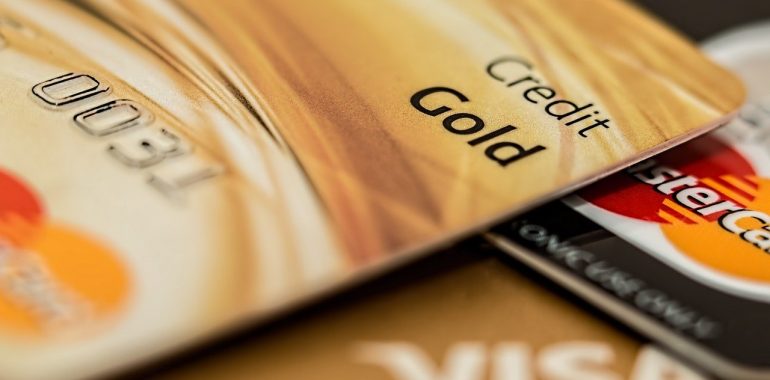An IVA is a legally binding and completely voluntary agreement between you and the creditors to settle your debts over an agreed period of time with reduced payments. This means that it has been approved by the courts and all your creditors must adhere to it. An IVA can often be very flexible to fit your individual needs but there are risks and costs involved. There are two options available when considering an IVA – a full IVA or a partial IVA.
A full IVA is where your entire debt is settled, including any penalties and interest and any other additional payments that have not been agreed. The amount of money that you pay to the creditors can vary but is usually around 70% of the total debts. The remaining debts are then settled by making regular monthly payments to the IVA firm. It is the responsibility of the individual to find the right IVA provider and they are likely to be able to reduce the payments that need to be made according to their individual financial situation.
A partial IVA differs from a full IVA in that the agreement will only apply to a limited part of your debts. For example the IVA may only apply to a percentage of the outstanding debt and not the whole. However, unlike a full IVA, once an individual has finished paying back a part of their IVA, they will not be asked to start paying over the rest of the debt.
In terms of advantages and disadvantages, both IVAs have different benefits. A full IVA is the preferred option when an individual needs to meet all their debt repayments. It provides the best peace of mind that your debts have been fully addressed and this will improve your financial situation. There is also a quicker time to repayment provided by an IVA and this will give you time to reorganise your finances if you are facing financial difficulties. With an IVA, though you are more likely to be rejected for bankruptcy as a solution. This is because it will mean that the majority of the debts will still be outstanding and the insolvency process will continue and there may be further complications to deal with.
If you choose to go ahead with an IVA you will have to meet some criteria and this includes meeting monthly payments. You can only apply for an IVA if you are unable to meet the criteria relating to financial hardship. This means that you must be living in extreme financial difficulty or have an excessive amount of debt that has resulted in arrears or bankruptcy. Insolvency practitioners will be appointed for each IVA plan on your behalf. A few creditors may refuse to agree to an IVA and this is where a iva insolvency practitioner can step in and help you fulfil the repayment plan.
One of the most important aspects of an IVA is that it will not affect your credit rating at any time during the IVA process. The reason for this is that the a practitioner will negotiate the repayments on your behalf and will not contact creditors directly as the majority of people who apply for an IVA do not want creditors to know that they are approaching bankruptcy. Therefore, an it will not place a mark against your credit file. In fact, if you fail to meet your monthly repayments and cannot afford to make them, this will improve your credit rating in due course.
An it will be registered with the credit bureau for six years. After six years, you will be registered and can apply for credit again but at this point your credit file will show that you have an iva on your file and you will be able to apply for credit at a much higher rate of interest than someone without an if. If you do fail to meet your repayments after six years of being on an a creditors will still report that you have an iva on your file and this will remain until the completion of your IVA.
It should be clear from this that the duration of an iva is important and is determined by how long you have been on an IVA. If you were made bankrupt within the time allowed for an IVA, you do not have an automatic six years limit on your insolvency practitioner being allowed to contact your creditors. Your bankruptcy practitioner is only able to contact the creditors that you choose. If you have been on an IVA for six years, your creditors will now be able to contact you if they choose. If your iva is registered and in force, your bankruptcy practitioner should be allowed to contact your creditors at any time including at the height of your IVA.







